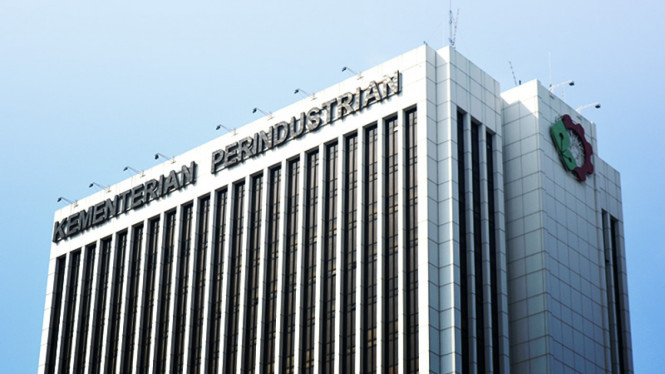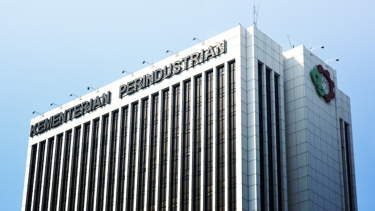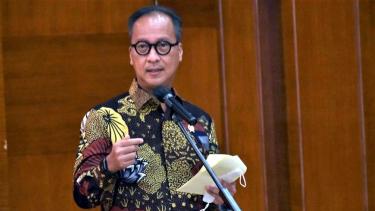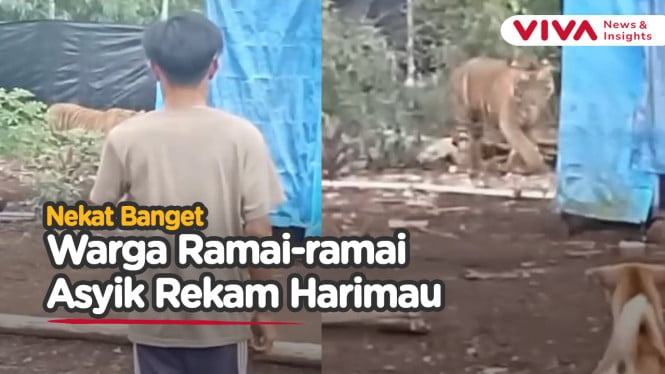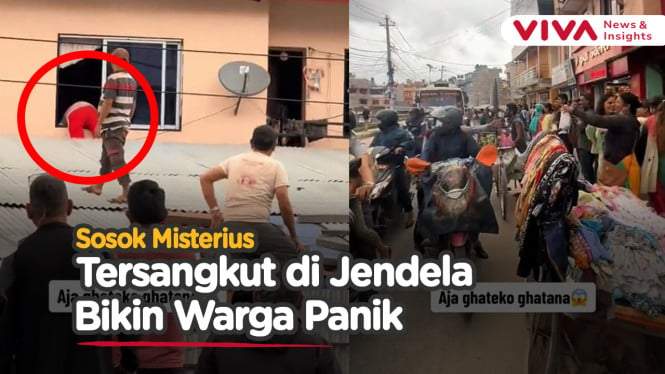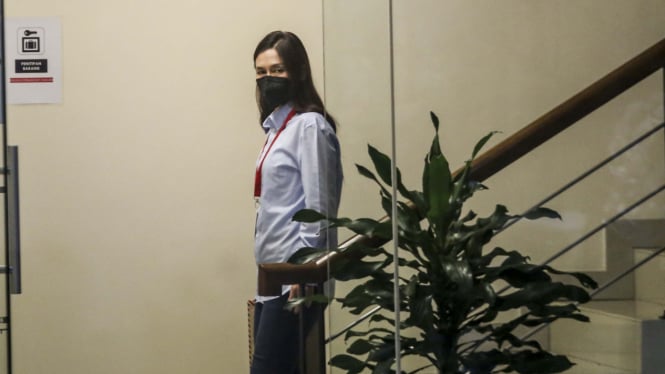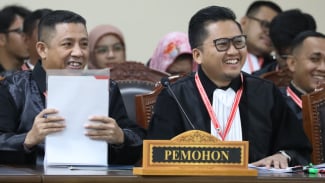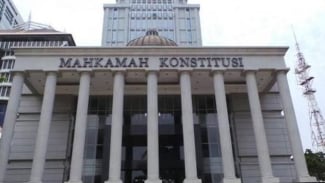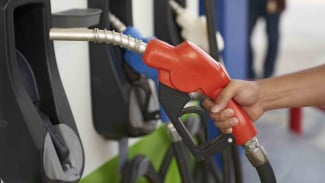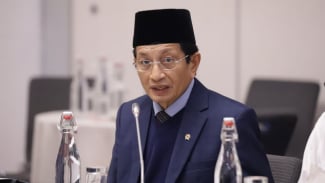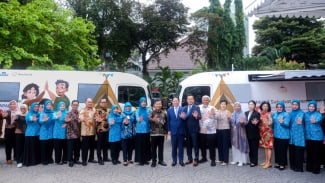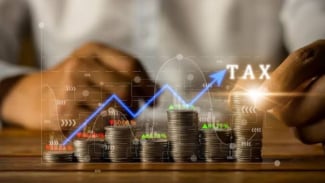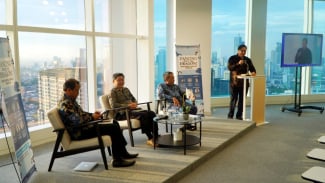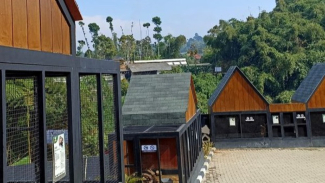National Economic Progress through Industrial Downstreaming
- vivanews/Andry Daud
VIVA – The government through the Ministry of Industry focuses on improving the performance of the manufacturing industry sector because it is the main mover of national economic growth. Therefore, Industry Ministry strengthens the industrial downstreaming policy.
"As directed by President Joko Widodo, we need to strengthen the downstream manufacturing sector. We are optimistic that we can do this because so far it has proven to be a prime mover for the national economy," Industry Minister Agus Gumiwang Kartasasmita explained in Jakarta, Friday, December 23, 2022.
Minister Agus Gumiwang said that the multiplier effect of downstream industrial activities that have been proven, among others, is to increase the added value of domestic raw materials, attract investment in the country, generate large foreign exchange from exports, and increase the number of labor absorption.
Menteri Perindustrian, Agus Gumiwang Kartasasmita.
- Dok: Kemenperin
"To achieve this goal, the government is determined to create a conducive business climate so that business can run well," he said. In addition, there is a need for synergy and coordination between the government and the business world. "We will always listen to the aspirations of business people," he said.
Minister Agus stated that his party is focusing on implementing downstream industrial policies in three sectors, namely Agro-based industries, mining, and mineral-based materials, as well as oil and gas and coal-based.
Regarding the development of mining and mineral-based industries, the Industry Ministry is trying to spur added value in five commodities, namely copper ore, iron ore and iron sand, nickel ore, bauxite, and rare earth metals.
"The development of downstream in this sector has resulted in 27 smelters that have been operating including pyrometallurgy and nickel hydrometallurgy, then 32 that are in the construction stage, and six that are still in the feasibility study stage," he added.
For the future, the Minister of Industry hopes that nickel smelters will not only export in the form of NPI and battery raw materials, but in the form of more downstream products such as downstream products made from stainless steel and electric batteries.
"The downstream capability of this sector will also produce downstream products or finished products such as medical equipment, kitchens, aerospace, and electric vehicles. The increase in added value from nickel ore can reach 340-400 times," the minister said.
Agus continued, the positive impact of the downstream mining and mineral sector has shown a significant increase in the achievement of national export values. Until October 2022, the export value of this industry reached USD36.4 billion, up 40 percent compared to last year. "We are targeting growth in this sector in 2022 to reach double digits, at 10-11 percent."
The Minister of Industry added that President Jokowi stated that green energy downstream is also the key to sustaining the national economy in the future. In this case, the Ministry of Industry continues to build a circular economy ecosystem through the implementation of the green industry.
"Green industry is our joint effort to build a strong national industry that is in harmony between economic growth, environmental sustainability, and public welfare and health," he explained.
